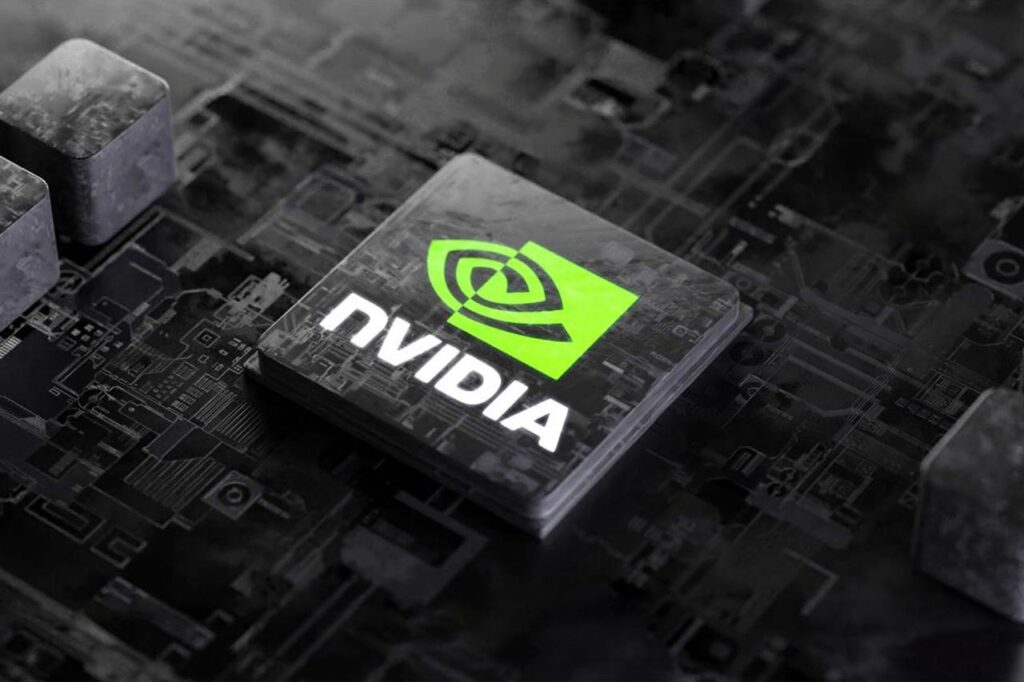ultimateimp – Nvidia has taken a public stance against U.S. government proposals to install location-tracking and kill switch technology in its advanced AI chips. In a blog post titled “No Backdoors. No Kill Switches. No Spyware,” the company indirectly addressed recent discussions within the Trump administration about enforcing physical or software-based modifications to restrict chip exports to China.
Former White House technology advisor Michael Kratsios confirmed the government is exploring hardware-based tracking systems to prevent smuggling of high-end GPUs. He told Bloomberg that chip modifications could help enforce export restrictions and monitor sensitive technology. However, Nvidia argues that such changes would compromise both security and functionality.
In its blog post, Nvidia draws a clear distinction between user-controlled smartphone features and the type of hardware control being proposed. “Optional software features, controlled by the user, are not hardware backdoors,” the company writes. It adds that permanently embedded controls, such as a kill switch, would introduce vulnerabilities. Nvidia likens the idea to buying a car where the dealership keeps remote access to your parking brake.
This statement follows reports that the Chinese government recently summoned Nvidia to investigate whether the company’s downgraded H20 AI GPU contains any built-in security risks or backdoors. Nvidia denies these claims but remains under scrutiny due to rising geopolitical tensions around AI technology exports.
Meanwhile, a Republican lawmaker proposed legislation in May that would require Nvidia to integrate tracking systems into high-end chips, including the RTX 5090, when sold internationally. The proposal reflects growing bipartisan concern in Washington over China’s ability to access and repurpose American AI technology.
U.S.-China Tensions Put Nvidia’s China Business at Risk
The push for stricter controls comes at a critical moment for Nvidia’s operations in China. Despite export restrictions, the company recently secured White House approval to sell a modified version of its GPU, the H20, to Chinese clients. The H20 complies with existing U.S. trade regulations but remains powerful enough to support AI development. The Commerce Department, however, has indicated that future license approvals will face detailed scrutiny.
In the blog post, Nvidia urges the U.S. government to avoid undermining trusted hardware through forced modifications. “Governments have many tools to protect nations, consumers, and the economy. Deliberately weakening critical infrastructure should never be one of them,” the company said. Nvidia argues that responsible innovation and industry-led security measures offer a more effective path forward.
Read More : OpenAI Grants Government ChatGPT Access for Just $1
The debate comes as the Justice Department intensifies efforts to crack down on illegal chip exports. This week, federal authorities arrested two Chinese nationals in California for allegedly smuggling AI chips to China. Bloomberg reported that the GPUs involved were Nvidia’s H100 models, one of the company’s most powerful processors.
As U.S. officials weigh next steps, Nvidia continues to advocate for a balanced approach that safeguards national security without undermining trust in American-made hardware. The company warns that heavy-handed restrictions could have long-term consequences for both innovation and competitiveness.


